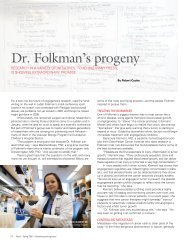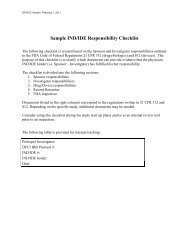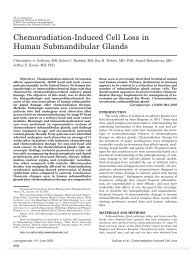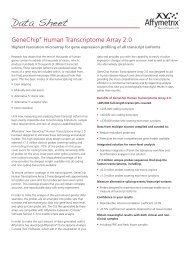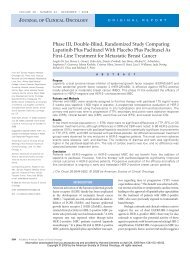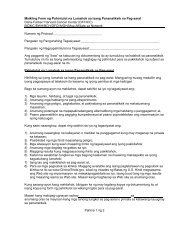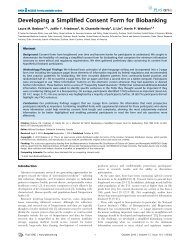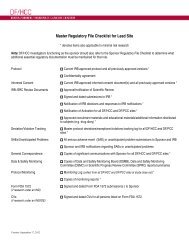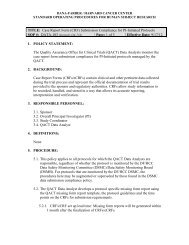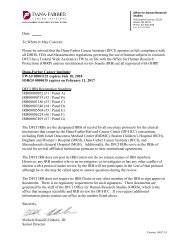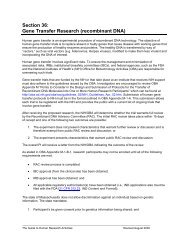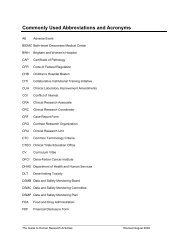Scientific Presentations Summer 2009 - Dana-Farber/Harvard ...
Scientific Presentations Summer 2009 - Dana-Farber/Harvard ...
Scientific Presentations Summer 2009 - Dana-Farber/Harvard ...
Create successful ePaper yourself
Turn your PDF publications into a flip-book with our unique Google optimized e-Paper software.
Validation of an anti-Dkk1 monoclonal antibody for<br />
the treatment of bone disease in multiple myeloma<br />
Cienna Wesley<br />
Mentor: Noopur Raje, MD<br />
<strong>Scientific</strong> Advisors: Samantha Pozzi, MD and Sonia Vallet, MD<br />
Massachusetts General Hospital<br />
Multiple Myeloma (MM) is a cancer of the bone marrow caused by a proliferation of<br />
malignant plasma cells. MM plasma cells interfere with bone remodeling, acting on<br />
osteoblasts (OB) (bone producing cells) and the osteoclasts (OC) (bone resorption<br />
cells) creating an imbalance in their number and function resulting in the development<br />
of osteolytic lesions, typical of the disease. Increased serum concentration of<br />
Dkk1, an inhibitor of the Wnt pathway essential for osteoblastogenesis, has been<br />
observed in MM patients. It correlates with osteolytic lesions and inhibits the activity<br />
of OB in MM patients. It is our hypothesis that targeting this serum protein will<br />
enable us to restore bone homeostasis in MM and thus prevent bone disease. We will<br />
test this hypothesis by using a novel anti-Dkk1 monoclonal antibody with the goal<br />
of decreasing bone disease in MM.<br />
We have previously identified its effects on OB. Here I will focus on effects of anti-<br />
DKK1 on OC. OC were generated from bone marrow mononuclear cells derived<br />
from MM patients. After 2-3 weeks of culture, cells were fixed and stained for Tartrate<br />
Resistant Acid Phosphatase (TRAP) characteristic of OC and counted. Our<br />
data demonstrates a reduction of OC number in the treated samples compared with<br />
control. We will next test whether OC function is impacted as well. These experiments<br />
will highlight the effects of anti-DKK1 on the OC in MM.



